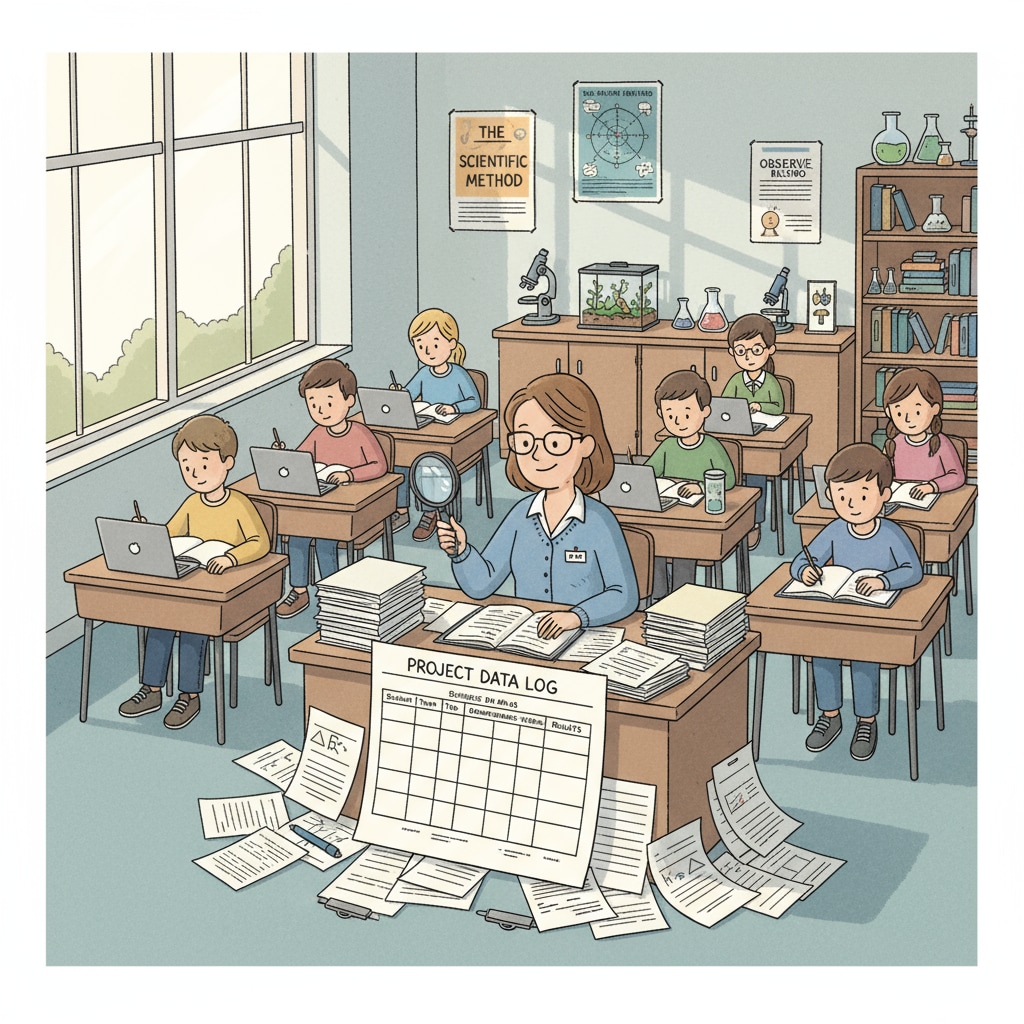In the modern K12 educational environment, data recording, micromanagement, and administrative supervision are topics that constantly impact teachers. Teachers are frequently caught in a tug-of-war between the need to meet strict data recording demands and their pursuit of professional autonomy. This struggle has significant implications for the quality of education provided.

The Impact of Excessive Micromanagement
Micromanagement in education can have detrimental effects. When administrators closely monitor every aspect of a teacher’s work, it can stifle creativity and innovation. For example, dictating the exact teaching methods and lesson plans leaves little room for teachers to adapt to the unique needs of their students. As a result, students may receive a more standardized education, lacking the personalized touch that can truly engage them. According to Educational management on Wikipedia, overemphasis on control can lead to a decrease in teacher job satisfaction, which in turn affects the quality of instruction.
The Role of Administrative Supervision
Administrative supervision is not inherently bad. It plays a crucial role in ensuring educational standards are met. By setting clear goals and providing support, administrators can help teachers improve their teaching. However, it’s essential to find the right balance. For instance, regular feedback sessions can be a positive form of supervision, where administrators and teachers collaborate to identify areas for improvement. Referencing Educational administration on Britannica, effective supervision should be a partnership rather than a one-sided control mechanism.

Data recording also has its place in this equation. It provides valuable insights into student performance and can help teachers make informed decisions. But when data recording becomes an end in itself, taking up an excessive amount of teachers’ time, it can be counterproductive. Teachers should be able to use data as a tool for enhancing instruction, not as a burden that detracts from their teaching responsibilities.
Readability guidance: In this article, we’ve explored how excessive micromanagement can harm education, while appropriate administrative supervision can be beneficial. Data recording should be a useful aid, not an overwhelming task. By finding the right balance between these elements, we can create an environment where teachers can thrive and students can receive a high-quality education.


